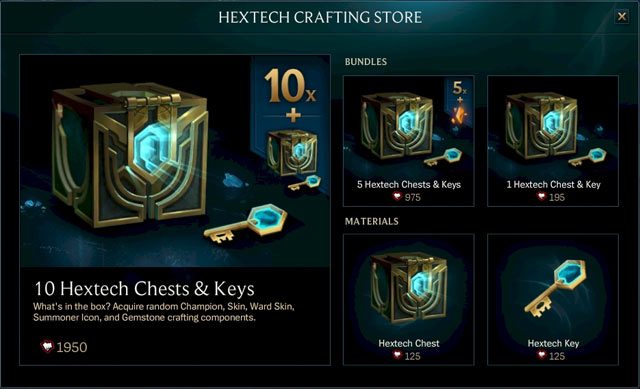The Belgian Gaming Commission is considering banning loot boxes in video games, claiming that the in-game prizes are a form of gambling.
Loot boxes are a controversial element of many online games. The recent Electronic Arts online shooter Star Wars: Battlefront II has attracted criticism from both gamers and industry reporters for its loot box-focused rewards system.
Using loot boxes, players can exchange real money for the chance to earn in-game items. The system is a favourite of video game developers and publishers, as it allows for players to keep spending money even after a game is purchased.
The items contained in the loot boxes often provide players with an advantage in online play, incentivising players to “spend to win” in their favourite games. Many of the loot boxes operate using a similar mechanism to a slot machine, offering rewards on a chance basis.
EA, which previously planned to allow players to spend real money on loot boxes, backed off from its decision after a widespread consumer boycott. Now, game developers could face an extra level of regulatory scrutiny due to the growing popularity of loot boxes.
Last week, Belgium’s Gaming Commission launched its own investigation of loot boxes, noting that they could be considered a form of gambling. Loot boxes are considered an especially big issue as they’re often included in games targeted towards children.
Parents have reported cases of children using saved in-game payment information to purchase loot boxes, often racking up hundreds or thousands of dollars in in-game charges for items and credits for in-game promotions.
The recently concluded Belgian investigation concluded that loot boxes are a form of gambling — a finding that means the European Union could place restrictions or a complete ban on the business model.
Gaming industry experts contend that loot boxes are growing in popularity not because of any genuine interest from gamers, but because they’re viewed as a simple way for developers to generate more revenue from their triple-A titles.
In-game purchases have grown tremendously over the last decade, with gamers shelling out anywhere from $1 to $1,000+ for in-game items such as upgraded weapons, character skins and other content.
These small transactions are now a key source of revenue for many game companies, allowing for games to be offered at a lower purchase price and monetised — often indirectly — through the purchase of extra in-game upgrades.
Game developers claim that the loot boxes are often a necessary evil in an industry where costs have risen substantially over the past decade. As a PC Gamer piece noted, previous generation “triple-A” games were developed by 35-50 people; today’s top games are developed by 500.
This has put extra pressure on developers and publishers to implement in-game monetisation to increase revenue and offset the costs of development.
However, with loot boxes potentially facing regulatory issues in the European Union, or even an outright ban, developers of upcoming triple-A titles may need to look at new ways to earn extra revenue from their new releases.













